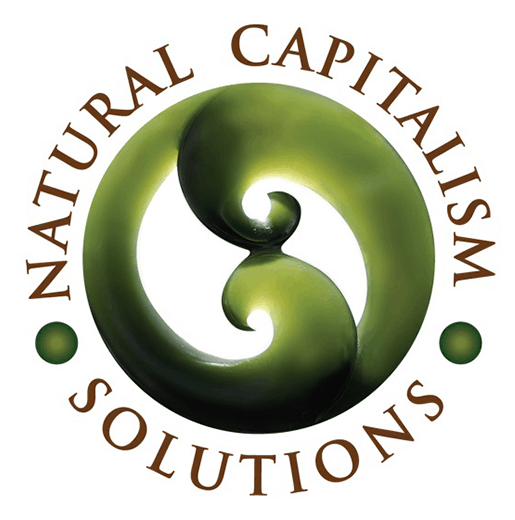Hunter recently described her Theory of Change during a call with The Climate Center. The article below was originally published on The Climate Center’s website — please visit the full article here.
People act from their values. These are often unexamined but derive from their internal narrative of what will enable them to survive/ prosper. People resonate with what reinforces their value system and tend to reject anything that seems couched in a different set of values.
People rarely change because they are given a new set of facts. This is especially true if the facts presented seem to conflict with their values. Talking more forcefully at them will only harden their values/ position. So climate deniers often know the climate facts better than climate activists. But they realize that if they accede to them, their valued way of life will be threatened, and it is more important to them to preserve what they value than to act on new facts. They may well be living in a state of cognitive dissonance, so greater pressure on them may be met with violent resistance, as it just makes this dissonance louder.
Facts only work with someone who values science and is unusually open to changing their mind – which, in fact, few “scientists” are. Thomas Kuhn and the Structure of Scientific Paradigm pointed out that old paradigms rarely fail because they are attacked. They fail because a new one that better fits known facts displaces the old one. And, he points out, this process is resisted.
Per the above, most of us form our values from stories. We are told stories by our parents, by the others in our social group, and these harden into values.
The prevailing economic story today is that of neo-liberalism. It is based on a set of principles that are, as H.L. Mencken, put it, are clear, simple and wrong…


Leave a Reply